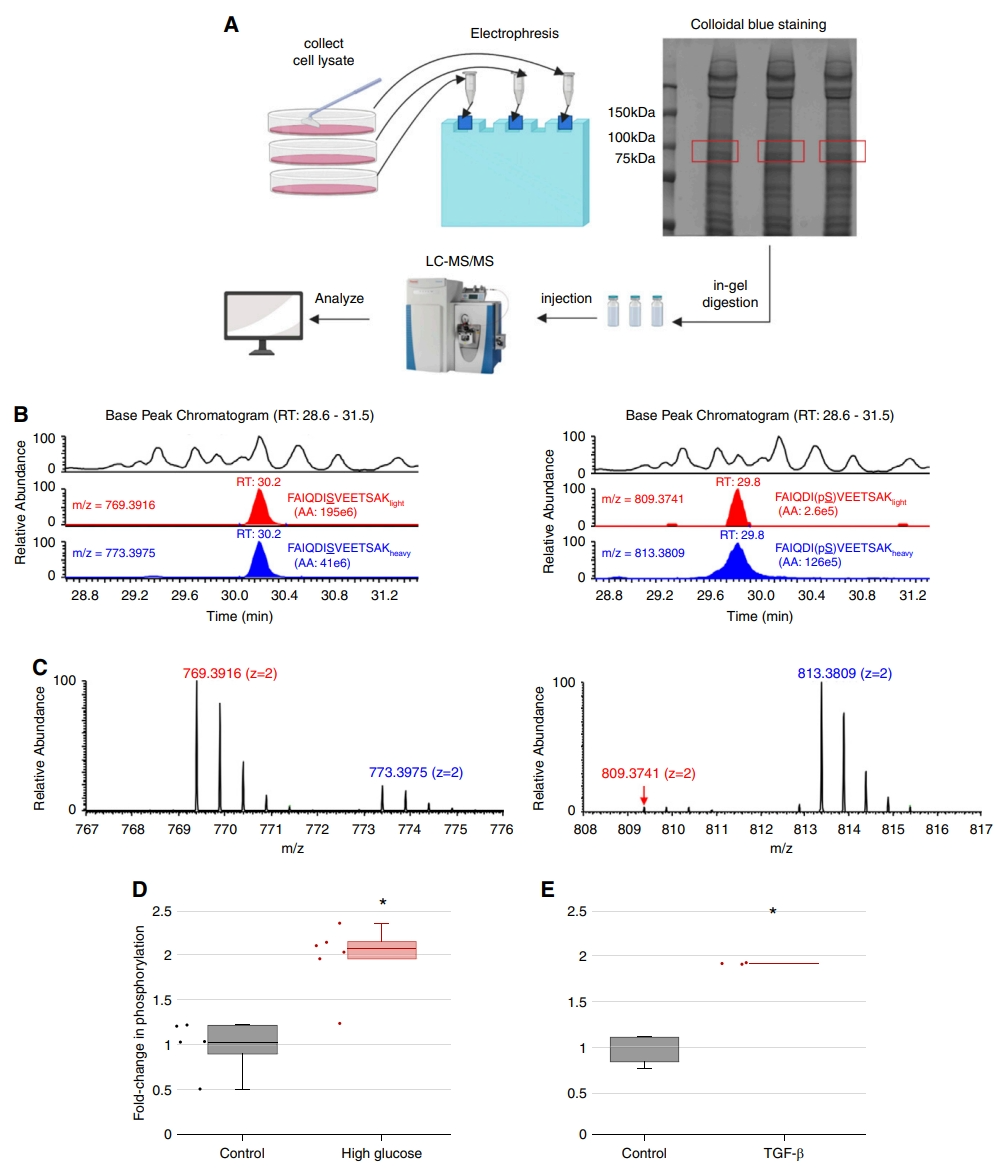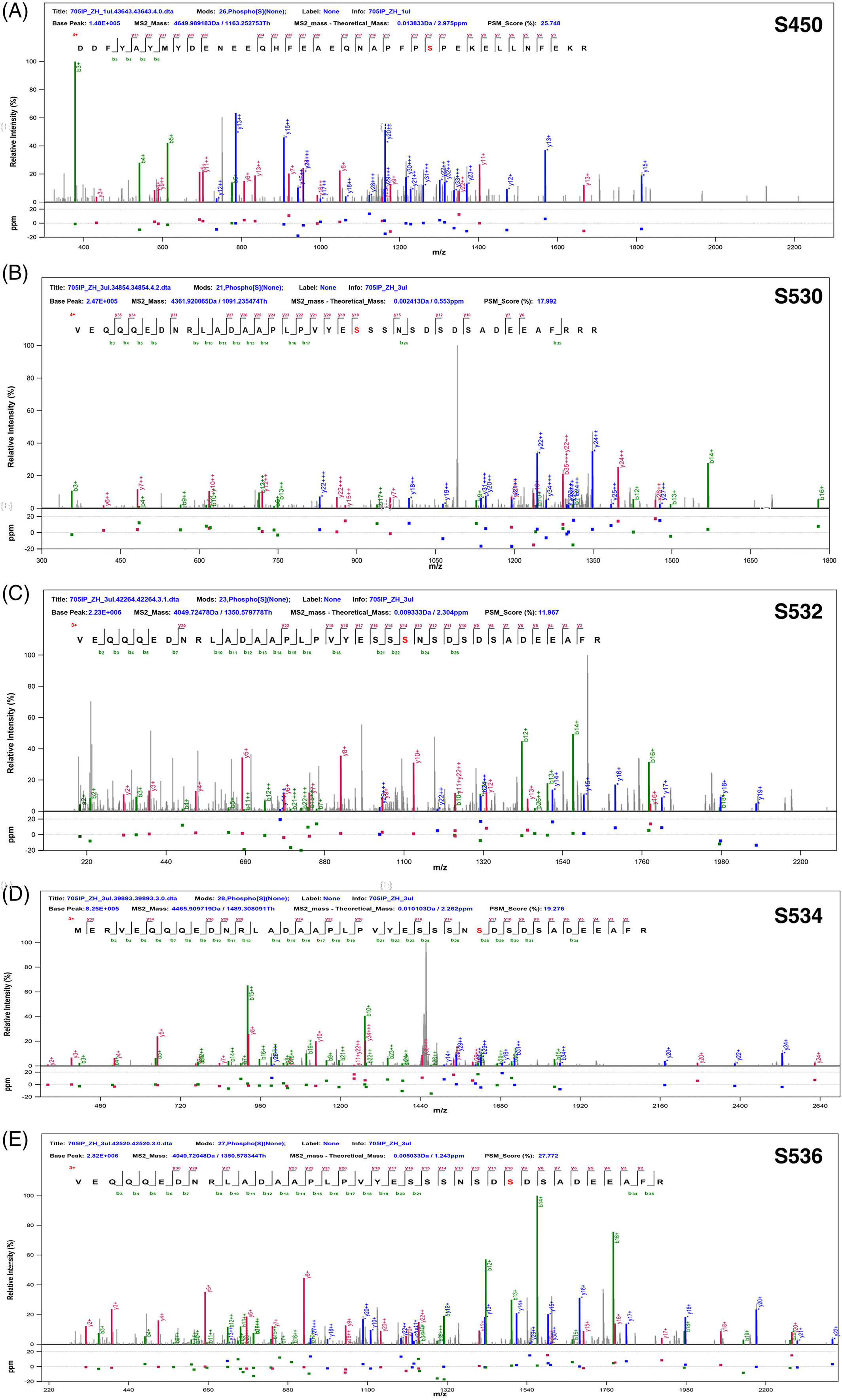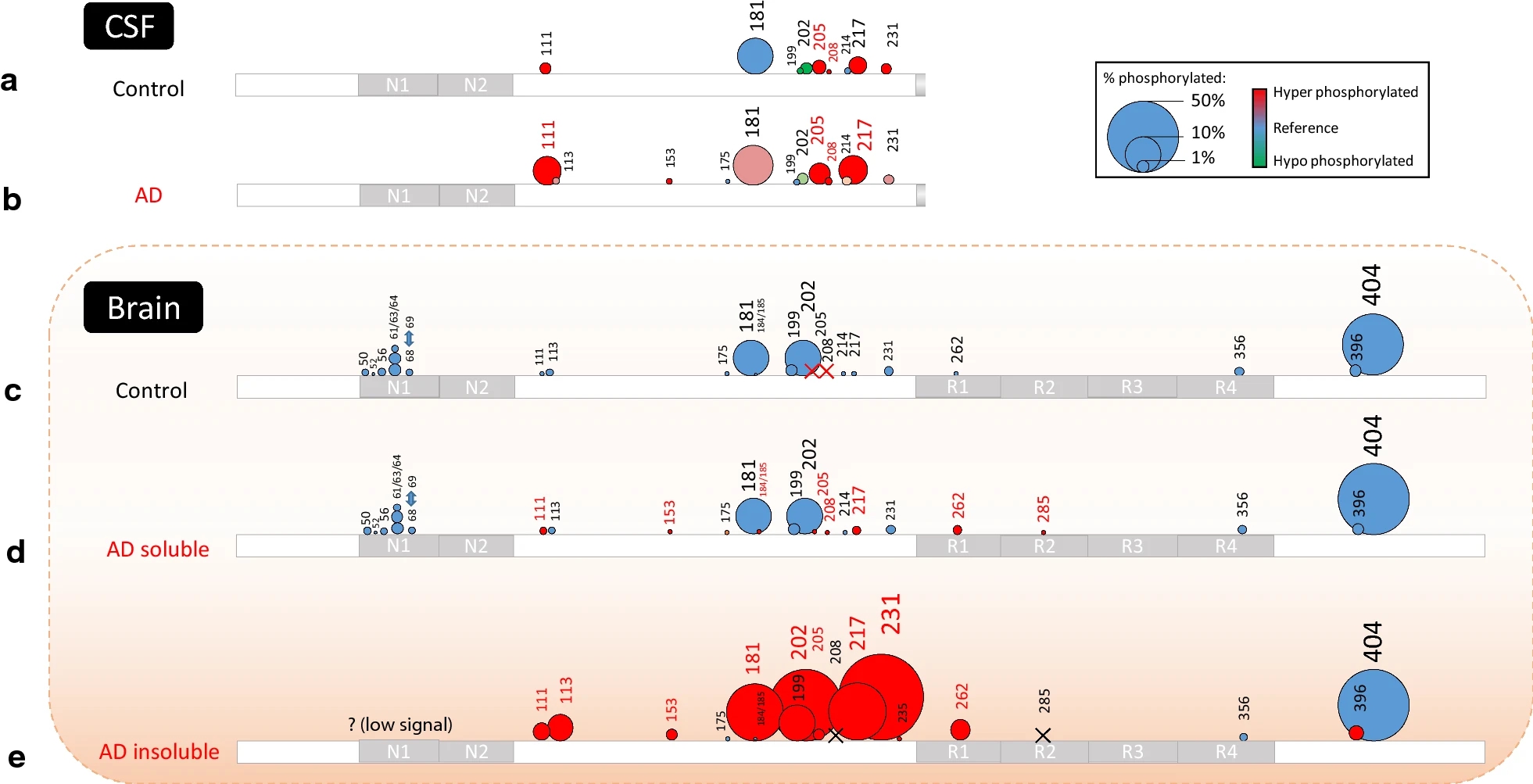Disease Mechanism Research
Disease Mechanism Research aims to elucidate the molecular mechanisms underlying disease onset, progression, and regulation. Many diseases, including cancer, neurodegenerative disorders, metabolic dysfunction, and autoimmune diseases, involve aberrant phosphorylation of key proteins as part of their pathological processes. Phosphorylation, a fundamental post-translational modification (PTM), plays a crucial role in cellular signaling, metabolic regulation, cell cycle progression, and gene expression control. Dysregulated phosphorylation can lead to disruptions in signaling pathways, ultimately contributing to disease development. Through phosphoproteomics, researchers can identify key regulatory nodes in disease mechanism research, providing critical molecular insights for disease diagnostics, targeted therapy, and drug development.
MtoZ Biolabs offers Disease Mechanism Research Service that integrates high-resolution mass spectrometry (MS) with advanced bioinformatics to systematically analyze disease-related phosphorylation patterns. Our expertise enables precise characterization of disease-related phosphorylation patterns, supporting precision medicine and therapeutic advancements.
Services at MtoZ Biolabs
MtoZ Biolabs offers a comprehensive phosphoproteomics-driven Disease Mechanism Research Service, leveraging high-resolution LC-MS/MS as the core analytical technology. Using IMAC, TiO₂, and antibody-based enrichment strategies, we provide in-depth phosphoproteomic profiling tailored to specific research needs.
Our service portfolio includes but is not limited to:
· Global Phosphoproteomics: Large-scale profiling to identify disease-associated phosphorylation changes.
· Targeted Phosphoproteomics: High-precision analysis of specific signaling pathways or key phosphorylated proteins.
· Temporal Phosphoproteomics: Monitoring phosphorylation dynamics over time to elucidate signaling activation patterns.
· Drug-Response Phosphoproteomics: Evaluating how candidate drugs affect phosphorylation-driven signaling pathways to uncover therapeutic mechanisms.
Applications
Phosphoproteomics plays a vital role in disease mechanism research, enabling precise dissection of disease-associated signaling pathways.
· Cancer Research: Investigating tumor-related phosphorylation alterations and drug resistance mechanisms, including EGFR, MAPK, and PI3K/Akt pathways.
· Neuroscience: Mapping phosphorylation networks in neurodegenerative diseases, such as Alzheimer’s and Parkinson’s disease.
· Metabolic Disorders: Exploring kinase-mediated regulatory mechanisms in diabetes, fatty liver disease, and metabolic syndromes.
· Immunology Research: Investigating inflammatory signaling pathways (e.g., NF-κB, JAK-STAT) in immune system dysregulation.
· Drug Discovery: Assessing the impact of therapeutic candidates on phosphorylation signaling, facilitating novel drug development and precision medicine strategies.
Case Study
Case 1: Phosphoproteomics Reveals the Role of ACTN4 Phosphorylation in Proteinuric Nephropathy
This study examined the role of ACTN4 phosphorylation in glomerular disease and demonstrated how high-resolution phosphoproteomics can reveal functional alterations in kidney pathology. The findings showed that increased ACTN4 phosphorylation is closely linked to podocyte dysfunction and proteinuric glomerulosclerosis. Quantitative phosphoproteomic analysis in healthy and diseased kidney tissues identified ACTN4 as a key regulator in disease mechanism research related to kidney disease progression. These insights enhance our understanding of kidney disease mechanisms and may inform future therapeutic strategies, highlighting the importance of phosphoproteomics in disease mechanism research.

Feng, D. et al. JASN. 2020.
Case 2: Phosphoproteomics Reveals the Role of Yun Protein in Stem Cell Proliferation and Tumorigenesis
This study demonstrated how the phosphorylation state of Yun protein regulates stem cell proliferation and contributes to tumor formation. Using high-resolution phosphoproteomics, researchers mapped Yun protein phosphorylation sites and validated their effects on cellular behavior. The study identified key molecular mechanisms underlying stem cell function and cancer progression while emphasizing potential therapeutic strategies targeting Yun phosphorylation sites in disease mechanism research.

Ren, X. J. et al. Cell Prolif. 2022.
Case 3: Phosphoproteomics Reveals the Role of β-Arrestin-1 Ser330 Phosphorylation in Cardiac Injury
This study explored the role of β-Arrestin-1 phosphorylation in cardiac pathology, specifically how Ser330 phosphorylation modulates β-adrenergic receptor overactivation and exerts a cardioprotective effect. Quantitative phosphoproteomic analysis revealed that AMP-activated protein kinase (AMPK) phosphorylates β-Arrestin-1 Ser330, effectively mitigating β-adrenergic receptor-mediated cardiac damage. Experimental results demonstrated that Ser330 phosphorylation enhances PDE4 activity, reduces cAMP levels, and suppresses PKA pathway activation, thereby preventing inflammatory responses and fibrosis in cardiac cells. Additionally, comparative analysis using wild-type and phosphorylation-site mutant mouse models further validated the protective role of Ser330 phosphorylation in cardiac diseases. This study provides novel insights into cardiovascular disease mechanisms and potential therapeutic targets.

Horie, K. et al. Acta Neuropathol. Commun. 2020.
Why Choose MtoZ Biolabs?
1. Expertise in Phosphoproteomics: Extensive experience in post-translational modification (PTM) research, delivering high-precision phosphoproteomic insights.
2. Cutting-Edge Mass Spectrometry Platforms: Equipped with Orbitrap Fusion Lumos, TIMS-TOF Pro, and other state-of-the-art instruments to ensure high-resolution data acquisition.
3. Advanced Bioinformatics Support: Leveraging Ingenuity Pathway Analysis (IPA), DAVID, STRING, and other tools for comprehensive functional analysis of phosphorylation networks.
4. Customized Research Solutions: Tailored experimental strategies and expert data interpretation, designed to meet specific disease mechanism research objectives.
5. Fast Turnaround & High-Quality Data: Optimized sample processing and robust data analysis pipelines ensure efficient and high-quality results.
If you are interested in our Disease Mechanism Research Service, please contact our expert team. We are committed to providing cutting-edge phosphoproteomics solutions to support your research needs!
How to order?







